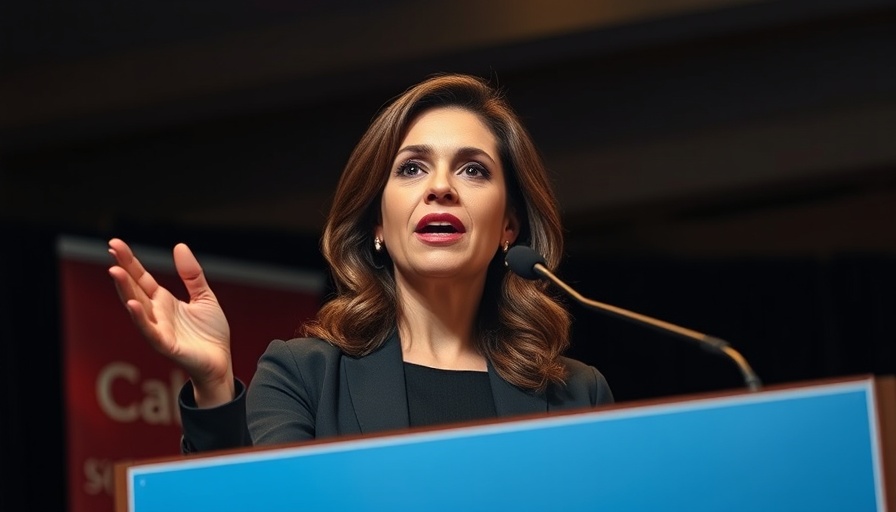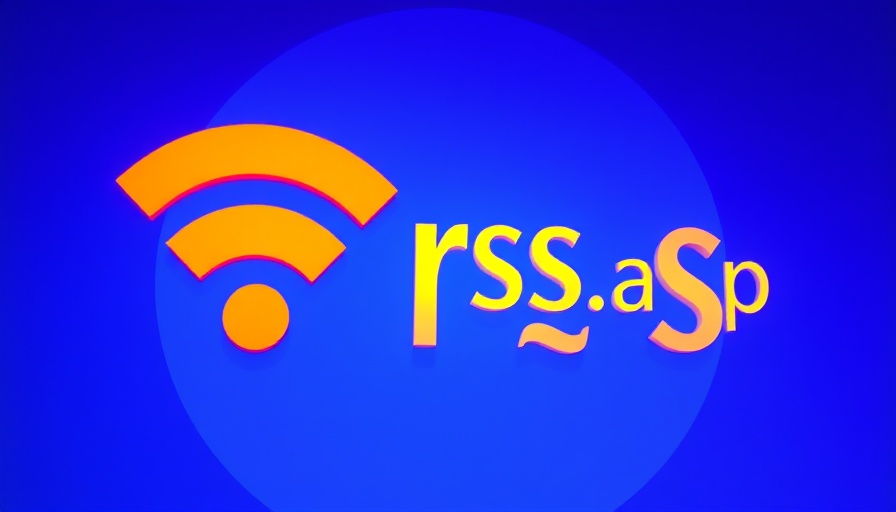
Stacy Davis Gates: The Musk of Chicago's Education Reform
The Chicago Teachers Union (CTU) has been at the forefront of educational reform in Chicago, with its current president, Stacy Davis Gates, leading the charge. Comparing her influence to that of entrepreneurial giant Elon Musk brings forth interesting parallels regarding leadership, vision, and the complex nature of accountability.
Unelected Influence in Education
Much like Musk, who wields immense influence over the tech industry without holding elected office, Davis Gates exercises considerable power within the realm of Chicago’s public education. Critics often express concern over the degree to which someone not chosen through the electoral process can shape public policy, particularly in a city grappling with deep-seated educational inequities.
This influence is underscored by the CTU's unwavering commitment to advocating for progressive reforms, a signature trait of Davis Gates’s leadership. She has continuously pushed for improvements in classroom conditions and equitable resources for underfunded schools, aligning the union's goals with broader political movements aimed at social justice.
Transparency and Accountability: The Musk Comparison
Elon Musk often touts transparency in his ventures but contrasts that with actions that sometimes raise questions about accountability and regulatory compliance. Similarly, while Davis Gates presents a transparent front regarding CTU operations, external critiques point out lapses in public records related to union activities—an issue that sparks conversations about who is really benefiting from that power.
Moreover, the CTU's decisions, particularly concerning strikes and negotiations, influence countless educators and students yet occasionally lack the broad participatory oversight found in typical democratic frameworks. This contradiction invites essential discussions about union leadership's responsibility not just to its members but to the wider community.
The Role of Union Leadership in Political Dynamics
Stacy Davis Gates's trajectory from teaching at the Englewood Technical Prep Academy to leadership in the CTU highlights the shifting landscape of educational advocacy. The union has become a significant player in Chicago’s political arena, aligning itself with progressive movements against systemic injustices, such as police reform and housing support for students. This activism mirrors Musk’s inclination to leverage his platforms to influence substantial societal changes, albeit in different operational contexts.
Advocacy and Social Change: What Lies Ahead?
Looking towards the future, both Gates and Musk share a commitment to radical innovation in their respective fields. Gates aims to continue addressing the disparities faced by students in underserved communities, advocating for comprehensive educational resources, and inclusivity policies. Under her leadership, the CTU has demonstrated resilience against neoliberal pressures that seek to privatize and commodify public education.
Engaging the Community: A Vital Connection
The community's response to Davis Gates's leadership is key in determining the future of educational reform in Chicago. Unlike Musk’s often far-removed approach to public engagement, Gates actively involves parents, educators, and students in her advocacy work. This grassroots involvement is essential for creating systemic change.
A Call for Balanced Discourse
As public discourse surrounds both educators like Gates and entrepreneurs like Musk, it becomes imperative to strike a balance between critique and support. Acknowledging their contributions while demanding responsiveness and accountability is crucial in fostering a dialogue that not only values innovative change but also ensures that progress genuinely serves the affected communities.
The conversations sparked by such comparisons can spur critical evaluations of leadership across sectors and encourage advocates at all levels to engage meaningfully with those they represent.
 Add Row
Add Row  Add
Add 




Write A Comment